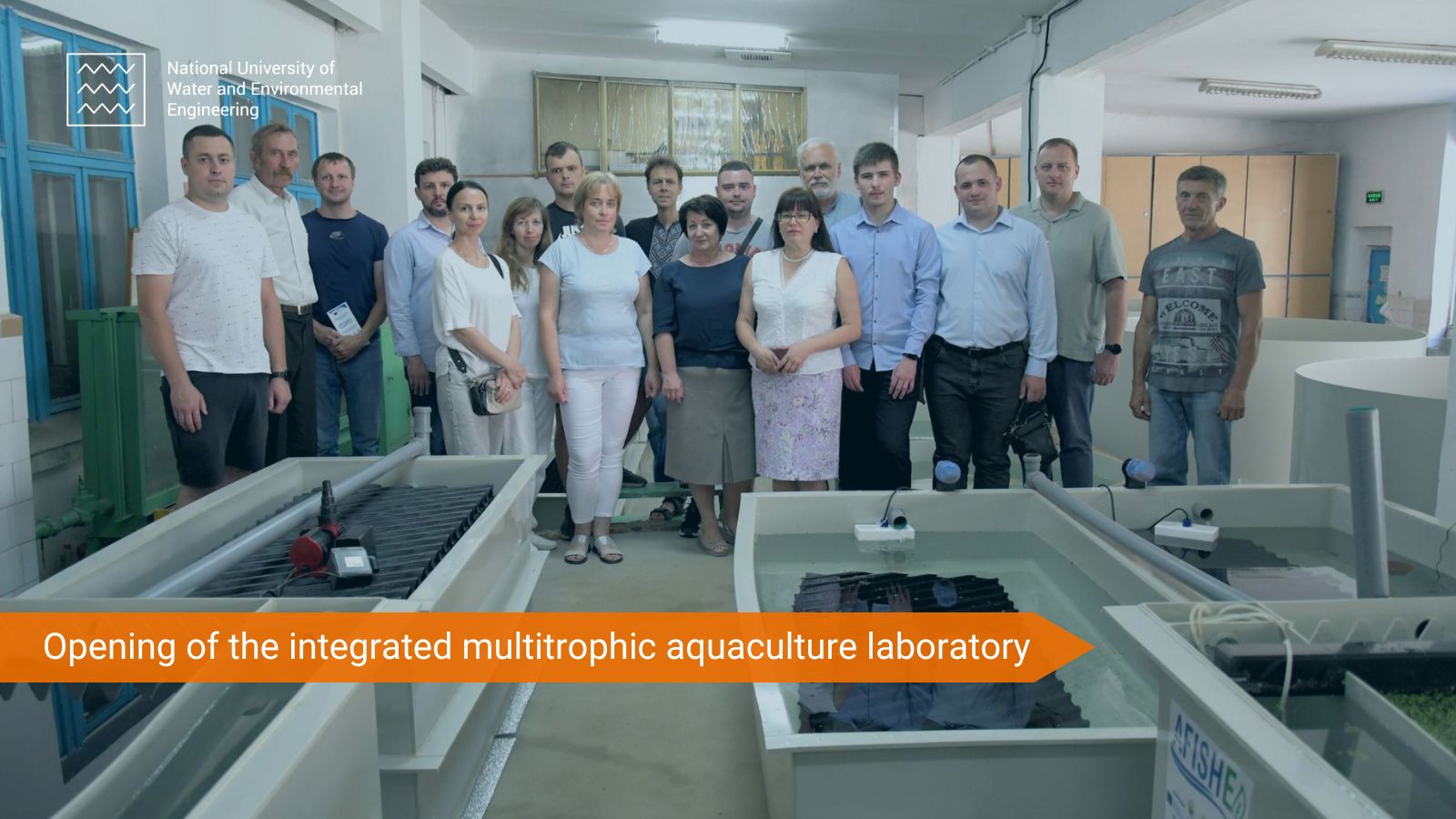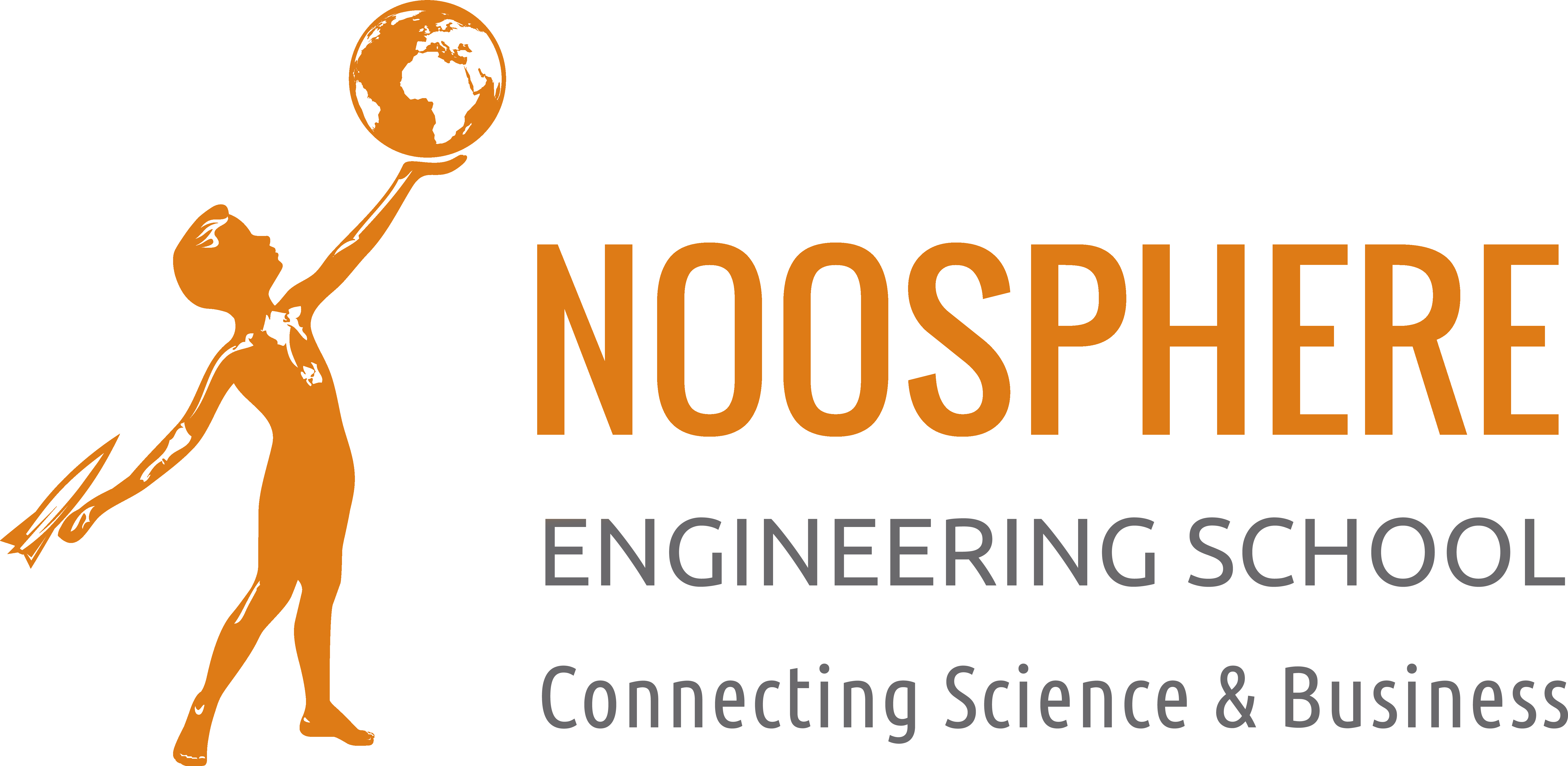On June 27, 2024, the laboratory of integrated multitrophic aquaculture was officially opened at the National University of Water and Environmental Engineering. The equipment for the laboratory was purchased with grant funds within the framework of the Erasmus+ KA2 AFISHE project "Development of education in the field of aquaculture and fisheries for the Green Deal in Armenia and Ukraine: from education to ecology."
At the event were V. Soroka, Vice-Rector for Education; Director of the Institute of Agroecology and Land Management A. Prishchepa; Director of the Institute of Energy, Automation and Water Engineering A. Safonyk, teachers and scientists of IALM, students of the specialty "Aquatic bioresources and aquaculture" of full-time and integrated forms of study, as well as invited business representatives from Rivne and Kyiv region.
The laboratory will be a practical base for students who next year will study under the updated master's program in the specialty "Aquatic bioresources and aquaculture" at NUWEE. In addition to breeding pools of various shapes and sizes, within the scope of the grant project, pumping and blower equipment, facilities for mechanical and biological water purification, equipment for thermoregulation, control of dissolved oxygen content, and automated fish feeding were purchased.
Also, the laboratory base will allow to increase the level of practical training at the bachelor's degree in the same specialty. Within the scope of cooperation with LLC "SCIENCE PARK "INNOVATION TECHNOLOGIES OF RIVNE" the study of the technological aspects of the cultivation of promising aquaculture objects of recirculation systems, determination of rational feeding parameters and physico-chemical indicators of water, development of hardware for restoring water quality has already begun. In the future, the laboratory will contribute intensive development of modern aquaculture technologies, because, in addition to the training of students, it provides training on the cultivation of aquaculture objects in recirculating aquaculture systems (RAS) for all interested parties farming with own-produced fodder, conducting substantiation of the effectiveness of various recipes and comparative studies of various types of fodder.
Serhii KONONTSEV,
Department of Water Bioresources















